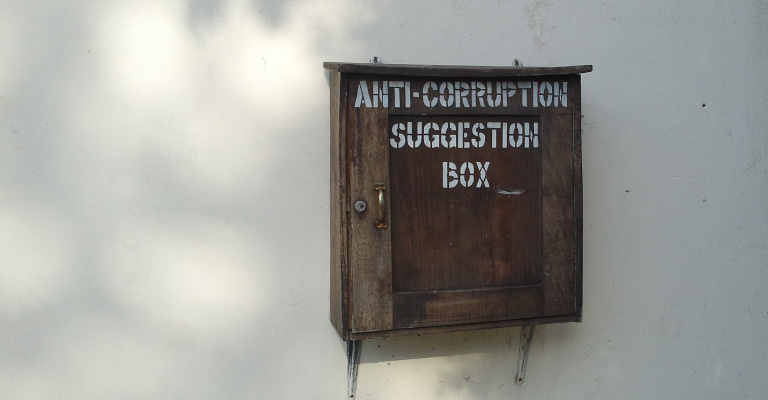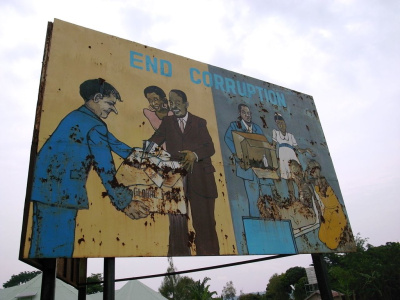
Pushing on a string or pulling threads together? Lessons learned for anti-corruption efforts by European donors
An analysis of the support that the Netherlands, the United Kingdom, Sweden and Germany give to fighting corruption in developing countries.
Summary
Progress with international anti-corruption efforts has stalled lately. The fight against corruption is a long- standing sustainable development priority, now made more pressing in a context of global pandemic to ensure the integrity of responses and avoid compounding the economic crisis. Yet there is no consensus on how to inject new dynamism for effective anti-corruption.
This study builds on innovative research on corruption and responses to it, and on bespoke analysis on how the Netherlands, the United Kingdom, Sweden and Germany address international anti-corruption. It draws from some examples of useful practices to improve the overall impact of donor countries on corruption abroad, and offers recommendations for donors willing to overhaul their anti-corruption approach.
Donors support the anti-corruption efforts of developing countries through development projects but also by working on their own impact by changing domestic policies and practices; by consolidating international regulation structures; by building up diplomatic pressures with their peers; and by fostering the demand for improved governance via civil society and the existing coalitions of local drivers of change. Conducting these efforts separately, and without clear traction in the partner country, can amount to ‘pushing on a string’ – to limited effect. That is: more effective anti-corruption work requires pulling together creatively many different threads that are traditionally handled separately.
Key avenues for improvement reside in efforts to conduct more explicitly political approaches rooted in local dynamics and to improve policy coherence within donor countries themselves. This needs to be based on a sound and critical assessment of different shapes and impacts of corruption, and on humility in recognising that developing countries themselves are in the driver’s seat for their own development.





